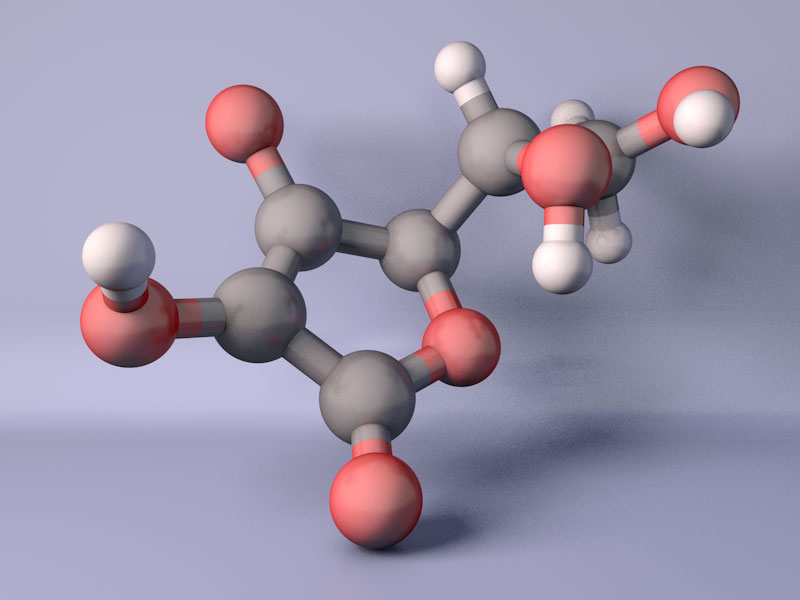Antioxidants, widely regarded as a means to protect cells against the damage done by metabolic stress, may actually accelerate the growth of  cancers, new research has shown.
cancers, new research has shown.
Writing in Science Translational Medicine, University of Gothenburg, Sweden, scientist Martin Bergo and his colleagues administered the antioxidants vitamin E or N-acetyl-cysteine (NAC) to mice with a genetic preponderance to develop lung tumours.
Compared with control mice, the antioxidant-dosed animals had between a 2.8 and 3.4-fold greater tumour bulk. The survival rates in the mice were also half as long as the controls.
To find out why, the team examined the tumours in the mice and found reduced activities of genes responsible for producing inflammatory chemicals called reactive oxygen species (ROS).
Consequently, the level of DNA damage in the cells was significantly reduced and the rates of cell proliferation were higher.
The team also found that a gene called p53, which detects DNA damage and stops injured cells from growing, was much less active in the antioxidant-treated animals.
They speculate that, in established tumours, antioxidants can promote tumour growth by reducing metabolic stress on the cancer cells. This, in turn, reduces the levels of DNA damage, suppressing p53 gene levels which allows tumour cells to grow more rapidly.
The result explains observations, made decades ago amongst individuals at high risk of developing cancer, that supplements containing antioxidant vitamins like vitamin A can actually result in more cases of cancer, not fewer...










Comments
Add a comment